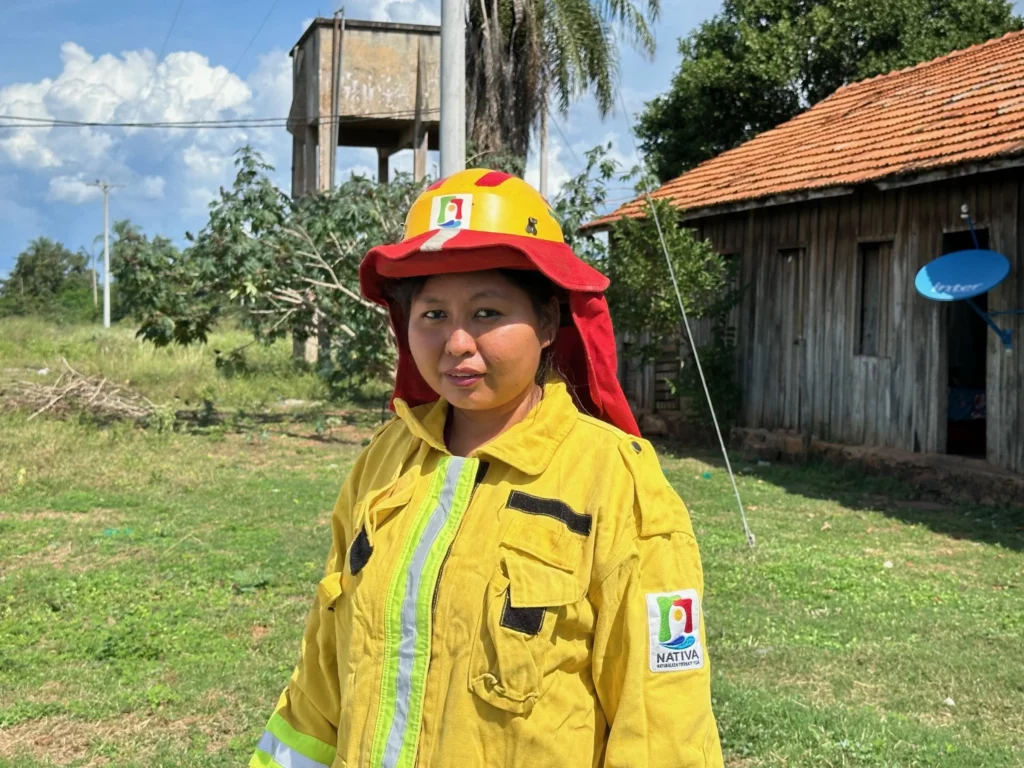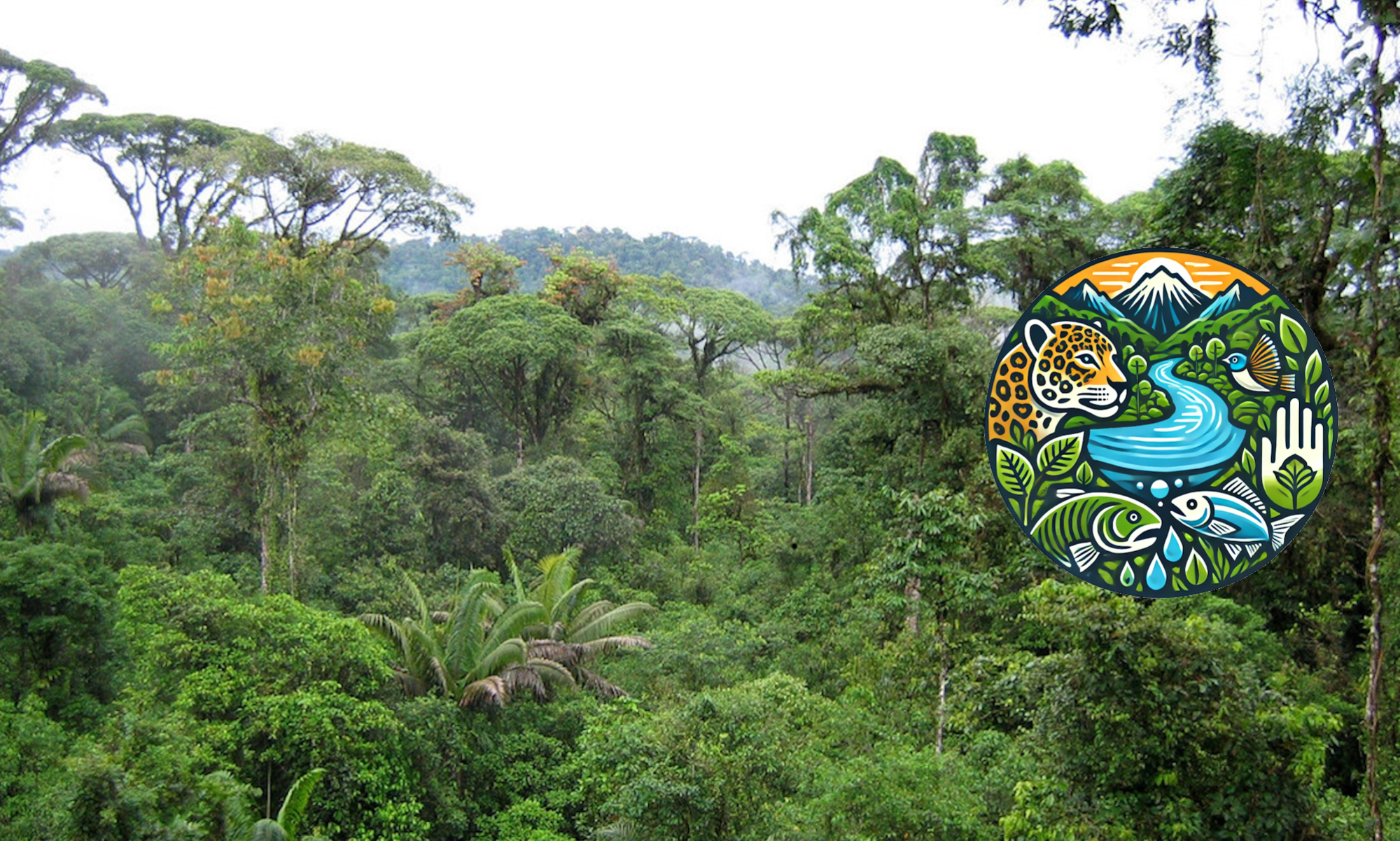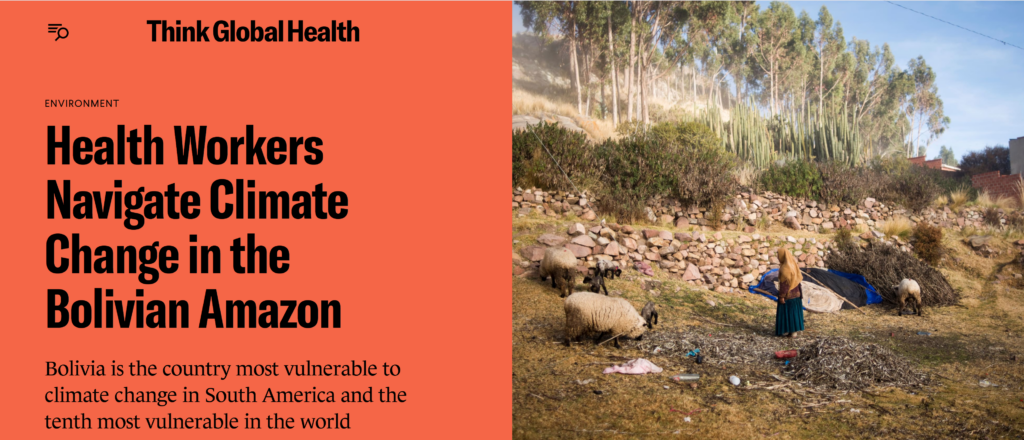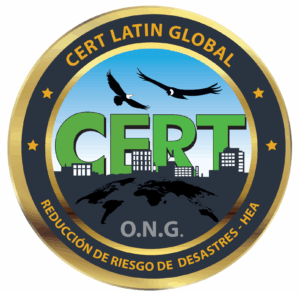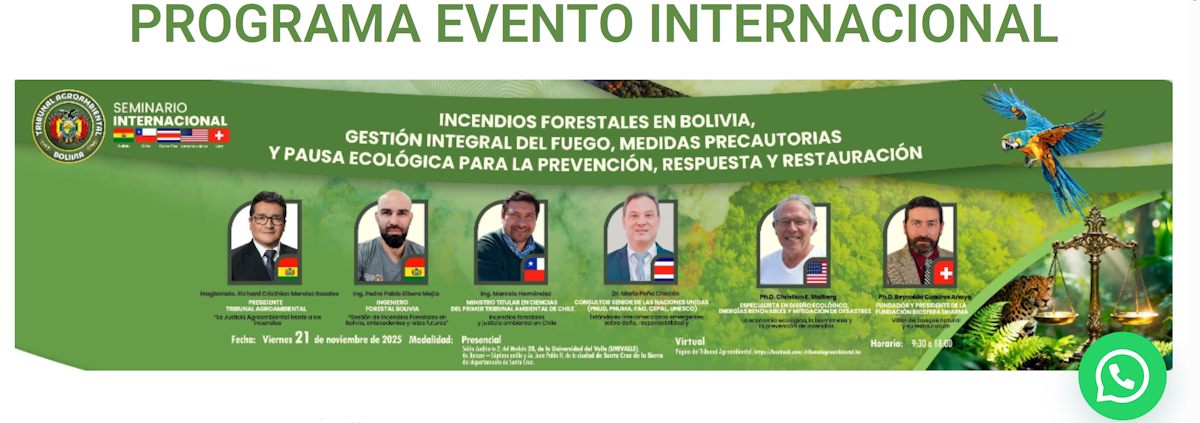‘The Ecological Economy, Biomímesis, and the Prevention of Fires’ was the title of a presentation given by Christian Stalberg at the International Seminar on Fires hosted by the Agro-Environmental Court of Bolivia held in Santa Cruz, Bolivia on November 21, 2025.
Stalberg’s presentation explained how ecological economics, biomimicry, and fire prevention can jointly protect forests in the Santa Cruz Chiquitanía while supporting sustainable livelihoods. Ecological economics promotes income based on regenerative, forest-friendly activities such as agroforestry, non-timber forest products, and localized circular economies that reduce the need for deforestation. Biomimicry offers design strategies inspired by rainforest systems—including multilayer agroforestry, natural moisture retention, and fire-resistant landscape patterns. Fire prevention combines community-led brigades, Indigenous knowledge, fuel-load reduction, and improved land-use planning to stop fires before they start. Together, these three approaches reinforce one another, creating resilient ecosystems, sustainable livelihoods, and safer communities.
